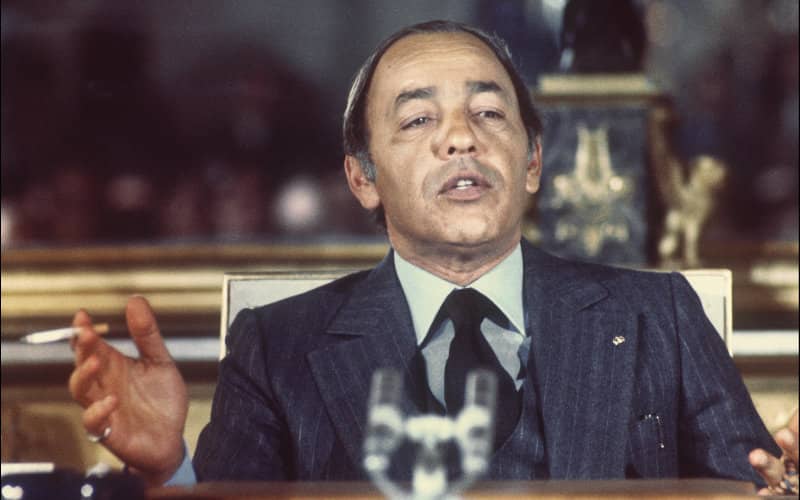Hassan II’s Near-Downfall: Former Minister Reveals Controversial Moroccan Royal Decree

M’hamed El Khalifa, a former minister and Istiqlal leader, revealed that the dahir known as "anything that can be detrimental" could have led King Hassan II to his downfall, stressing that Moroccans have suffered greatly from the effects of this dahir.
"King Hassan II considered the repeal of this dahir as a day of celebration for Moroccans. He said that this day should be celebrated, because this dahir could have led to the death sentence of the king, as His Majesty imagined, if things had worsened on the side of our mujahedeen brothers in Oujda, and given the accusations against Hassan II, namely that he was the instigator," El Khalifa said on Tuesday during the ceremony to present his new book entitled "The Strong Voice of the People in Parliament" in Casablanca.
The repeal of this dahir, recalls Al3omk, allowed the release of all political prisoners and the return of exiles, added the former Istiqlal leader, who also mentioned the preparatory acts of the motion of censure presented in 1990 by the parties of the National Bloc (Istiqlal, Socialist Union of Popular Forces, Party of Progress and Socialism, Organization of Popular Democratic Action), with a view to bringing down the government of Azzeddine Laraki. The opposition had decided to "reveal what had been silenced with courage, nobility and ethics," he said, specifying that after the rejection of the motion of censure, King Hassan II had summoned the leaders Abderrahim Bouabid and M’Hamed Boucetta.
"You have presented a motion of censure and I have received the message. You want political reform, so submit your proposal," the late Hassan II told this session. Following these exchanges, the two leaders drafted a memorandum in 1991 which is the foundation of the 1992 Constitution and all current constitutional institutions, including the Ombudsman Institution, the National Human Rights Council.
"It is not necessary today to go back over the events around the 1992 Constitution, who approved it or who rejected it, but it is enough to recall that this Constitution, once rejected by three of the parties of the Bloc, only lasted four years before being replaced by the 1996 Constitution," El Khalifa said, adding that "Morocco’s constitutional stages began with the Constitutions of 1962, 1972 and 1976, before the constitutional reform stopped for a long time, until 1992, then the 1996 Constitution, which came after important political events."
Related Articles
-

Border Police Crack Down on Thriving Stolen Car Trade to Morocco
1 September 2025
-

Vacation Nightmare: Dutch Teen’s Seizure at Moroccan Airport Leads to Harrowing Medical Ordeal
31 August 2025
-

Morocco’s Intelligence Services: The Unsung Heroes in Global Counter-Terrorism and Drug Busts
31 August 2025
-

Mental Health Crisis Grips Morocco: 425 Cases Spark Calls for Urgent National Action
31 August 2025
-

Vueling Expands Winter Routes: Barcelona to Morocco, Slovenia, and France
31 August 2025